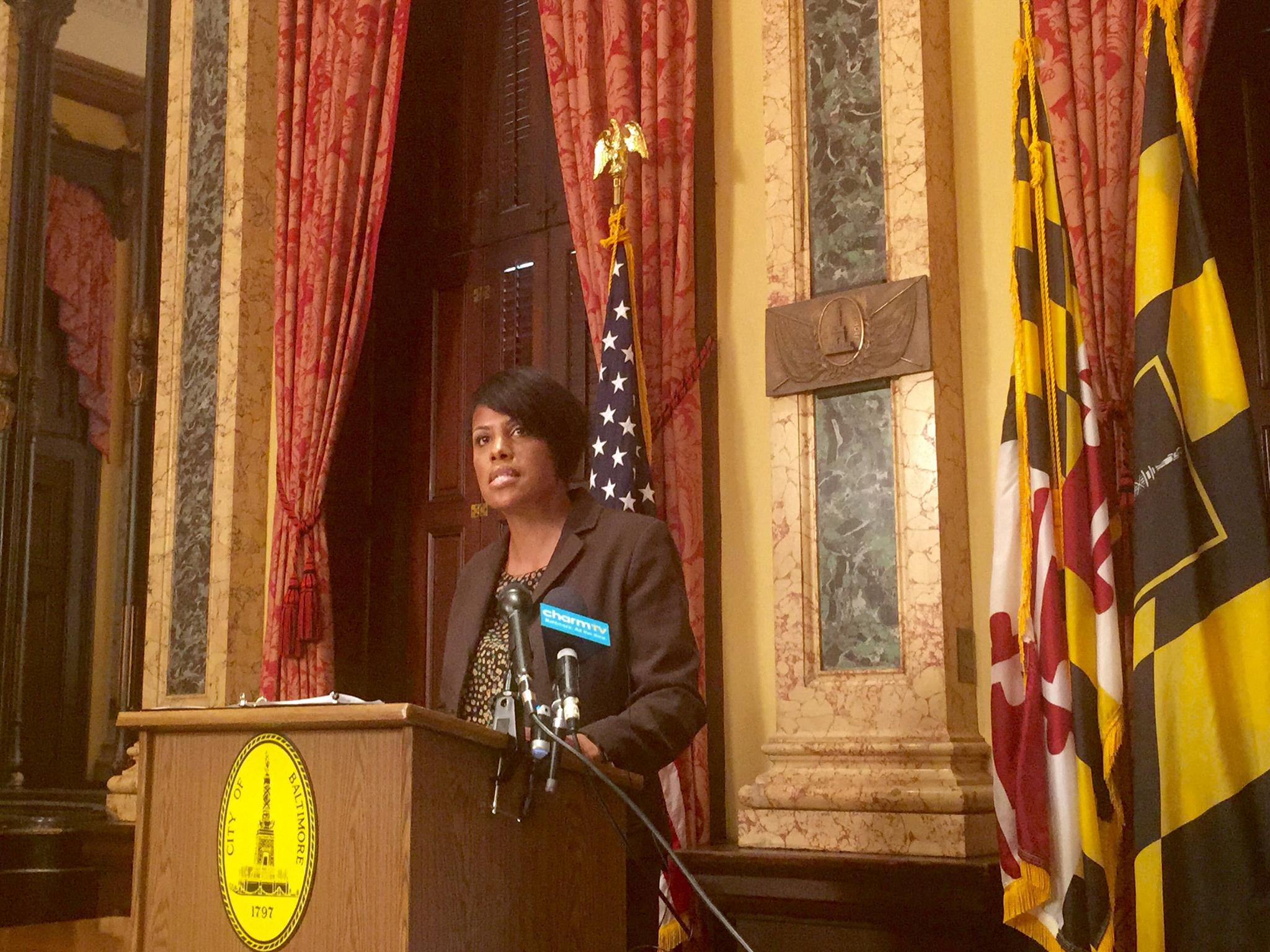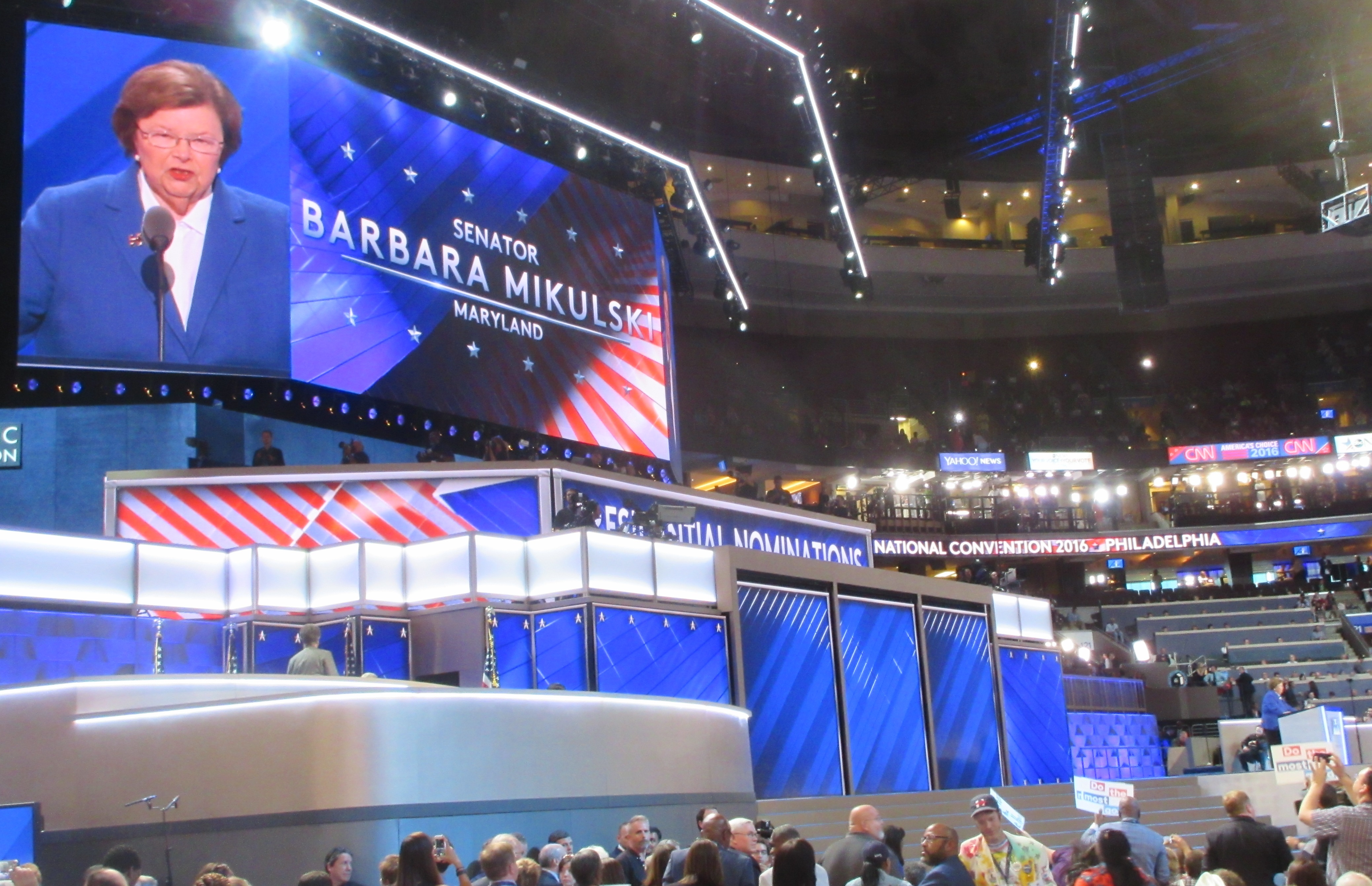By Megan Poinski
Megan@MarylandReporter.com
Increasing the gas tax by 15 cents over the next three years, a 50% hike in vehicle registration costs, and boosting the titling tax to 6.5% are likely recommendations that the Blue Ribbon Commission on Maryland Transportation Funding will make in their report to the General Assembly and Gov. Martin O’Malley next month.
The changes that are likely to be included in the report will help raise roughly $870 million in new funds annually to help pay for state, county and municipal roads and transit.
But any new revenues must come with the firm assurance that they will only be used for transportation, and not be used to balance the budget in other areas, the commission will recommend.
The detailed revenue recommendations, which members of the commission tentatively hammered out on Tuesday afternoon, are the final piece of their report. The commission was formed by legislation to evaluate and recommend new ways for the state to fund its transportation needs. They will finalize everything in the coming weeks.
“I think this is a really balanced and reasonable approach,” said Gus Bauman, chairman of the commission. “It gives the governor and the General Assembly something to start debating.”
Scores of potential revenue sources
Staff members from the Maryland Department of Transportation put together revenue estimates from scores of different potential sources, ranging from gas tax increases to property tax hikes. Commission members then discussed the amount of money they hoped to raise, and which revenue sources were the most appropriate.
The detailed preliminary recommendation includes:
- A total 15-cent gas tax increase, phased in over three years. At the end of the phase-in, the increase would bring in $491 million annually.
- A 50% increase in vehicle registration fees, which would raise $165 million a year.
- Increasing the titling tax rate from 6% to 6.5%. This would earn $69 million a year.
- Doubling the fee for emissions testing from $14 to $28. This would raise $22 million a year.
- Increasing miscellaneous MVA fees, which would bring in $34 million annually.
- Increasing MTA fares and ending funding of free rides out of the transportation trust fund. This would earn $25 million a year.
- Indexing gas tax increases to inflation after three years, so the new funds keep pace with the economy.
The target amount of funds to raise, roughly $870 million, comes from estimates of transportation needs and funds lost. Most of the money, about $520 million a year, is what is needed to address immediate needs for state transportation. The remaining $350 million is to raise the money that used to be given county and municipal governments for their transportation needs. Dwindling revenues have caused the state to severely slash the assistance it gives to county and municipal government roads.
Committee members also chose to limit the revenue sources for transportation needs to transportation-related expenses. While increasing sales and property taxes for transportation uses were included on the list of potential revenues, committee members said that they are less fair ways to raise money. Bauman agreed, noting that sales taxes and property taxes are also used for many other state needs – including debt service.
“If we link the funding to transportation, we stand a chance in building up the peoples’ trust,” Bauman said.
Counties and municipalities
In past years, the state shared about 30% of its transportation money with counties and municipalities. A total of about $350 million of these highway user revenues were split between them annually.
Dwindling state revenues and growing needs has sliced that percentage and swiped funds from the local governments. Currently, the state only gives local governments10% of its funds for local transportation projects. Additionally, in trying to balance the state’s budget, money is often “borrowed” from these local funds. It is seldom, if ever, paid back.
Senate Majority Leader Robert Garagiola said that the commission should definitely work to restore the funds that local governments depended on. After all, he pointed out, people drive on local roads as much as they do state roads. Nobody differentiates between them.
“My recommendation is that we have language to phase in a funding change that will get us back to the 70/30 split we used to have,” he said.
The recommended phase-in would likely be over five years, commission members said.
What next?
Commission members took no votes on Tuesday. Bauman said he was looking for consensus to include in the commission’s final report, which is due on Nov. 1.
The commission will meet again in two weeks to make final decisions. Bauman said that while commission members fundamentally seemed to agree on the funding mechanisms discussed on Tuesday, there is still a possibility that the recommendation might change.
“In the end, we all knew this day was going to come. We have to make some hard recommendations,” Bauman said.
Regardless of the revenue recommendations, Bauman said that the commission’s top recommendation stands firm: putting the “trust” back in the transportation trust fund by guaranteeing all the money that goes there is spent on transportation needs.
At a Transportation Symposium at Morgan State University Tuesday, former Montgomery County Executive Doug Duncan, who now chairs the Suburban Maryland Transportation Alliance, said the needed tax hikes are “where leadership has to come in.”
“When you need tax increases in the state of Maryland, you need the governor behind it,” Duncan said.
But a new survey presented at the Morgan State symposium also found that Marylanders favored fee increases over a gas tax hike to fund transportation.
—Len Lazarick contributed to this story.






ALL THESE NEW TAXES AND FEES WILL FORCE MORE PEOPLE TO GIVE UP THEIR VEHICLES ENTIRELY, THAT WOULD BE A GOOD TIME NOT TO MAKE PUBLIC TRANSPORTATION EVEN MORE EXPENSIVE FOR THE NEW MIDDLE CLASS POOR…………IF YOU CAN CALL THEM MIDDLE CLASS ANYMORE
I HAVE SEEN MTA SPECIAL BUSES IN BALTIMORE DROPPING OFF PEOPLE TO CHURCHES …..SHOULD THAT BE THE EXPENSE OF THE PUBLIC TAX PAYER….
Leadership has nothing to do with increasing taxes & FEES to provide a never-ending piggy bank for the legislature to raid. As tax collections go down, the brain dead leaders suggest hiking taxes to cover the short fall. Where are the audits of the MdTA showing where every penny was spent over the past 10 years? Have they truly been good stewards of our tax dollars?
why has no one mentioned looking into reducing costs on transportation projects? I understand that transportation is a big part of the state gov’t, but it seems like the DOT is simply taking the first bidder for projects, instead of the best bidder.
tntfitness – you are absolutely correct that the O’Malley administration is constantly stealing from trust funds to “balance” the budget, and that needs to stop. the article did mention having language to essentially “lock” the trust fund from O’Malley’s sticky fingers, but I am skeptical, as you seem to be.
j.w. – you are one of thousands of marylanders who have moved or plan to move out of state, largely because of the “tax hell” that O’Malley has created here. I am only a few steps behind you.
O’Malley isn’t the first gov to raid the fund. The legislature has used this & other so called dedicated funds to balance the budget. What’s missing in the conversation is the fact that the MD legislature continues to increase the state budget year after year despite placing 49th out of 50 in creating jobs. With every passing day, & every tax hike proposed, anyplace looks better than California East aka Maryland, the Free State!
Why isn’t anyone asking what happened to the money that was already in the Transportation fund? Maybe if they would stop stealing from it and the Chesapeake funds to balance the budget we wouldn’t need any increases for the roads. Just saying.
Many businesses and independent service providers must use vehicles to obtain and/or deliver goods and services. The more moneys the Maryland Administration siphons out of the private sector … the less monies are available to achieve successful operations and jobs. This is particularly vexing when we see the Administration wants substantial moneys to invest in technologies that private sector venture capitalists consider too speculative to support and various discretionary pork projects. In today’s national and Maryland economies … this is sad. It should make good fodder for attacking many Maryland Candidates on the National scene.
Gus, if it’s your wishes to make Maryland a tax and fee hell have at it, I’ll move.